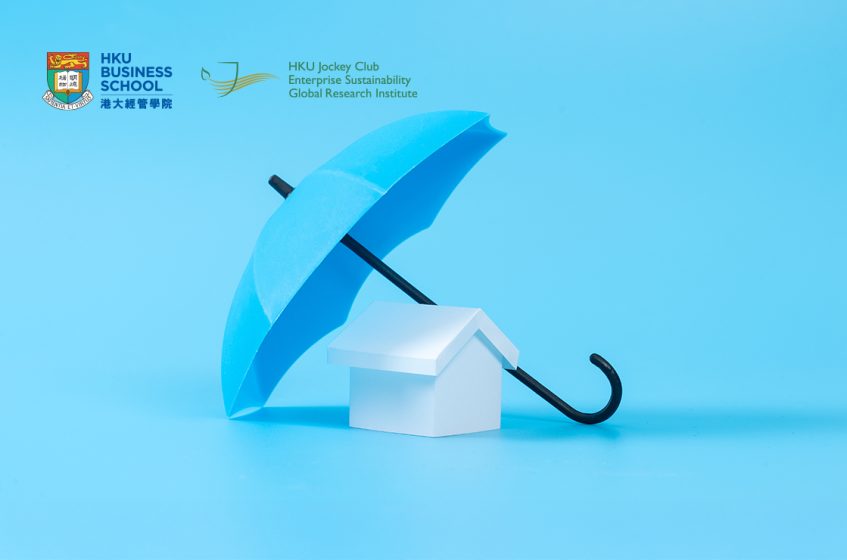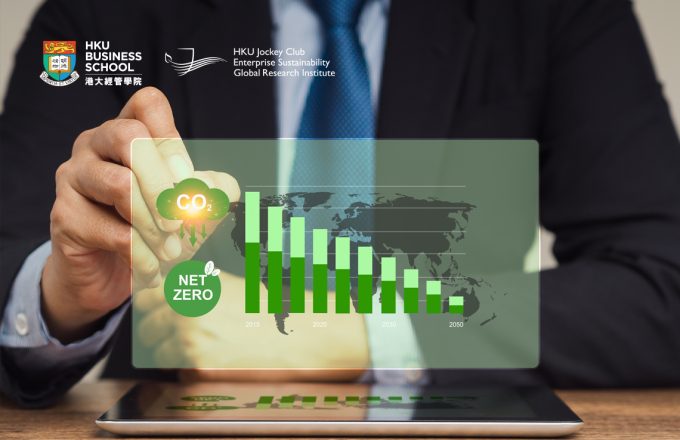
Financial Consumer Protection via the Online Disclosure of Insurance Complaints
- The complexity of financial products heightens the need to protect consumers through public complaint disclosure.
- Although disclosure can inform consumers, evidence of its impact on consumer purchasing behavior and reputational risks for companies remains limited.
- This study focuses on China’s insurance market, where local governments have gradually implemented online complaint disclosures across different regions as part of the open government initiative.
- Findings show consumers—especially those under 50 or with higher incomes—reduce purchases from insurers receiving publicized complaints and favor those without.
- Insurers respond strategically by improving claims practices. Insurers that have received complaints pay more in settlements, and even complaint-free insurers adopt more lenient approaches. These responses are particularly directed toward consumers under 50 or with higher incomes.
- Public disclosure can drive positive industry changes, but regulators need to ensure such changes benefit all consumers fairly.
The complexity of financial products has led to widespread recognition of the need to protect financial consumers. Many countries have systems in place that allow consumers to file complaints against financial service providers with regulators. Whereas some jurisdictions keep this information private for internal regulatory purposes, others have begun to disclose it publicly. Proponents of public disclosure argue it educates consumers and helps them make informed decisions. A notable example is the U.S. Consumer Financial Protection Bureau’s (CFPB) initiative to disclose consumer complaints against banks. However, this approach can potentially harm the reputation of financial institutions if the complaints are not presented with adequate context, leading to misleading perceptions.
Despite the potential benefits of public disclosure, evidence on whether consumers pay attention to and act on this information, and whether it causes reputational damage to the institutions involved, is limited. This study investigates these questions within the insurance industry, which is characterized by complex contracts and is susceptible to issues such as mis-selling and unfair claims practices. Such practices can severely impact consumers, especially when insurance settlements are crucial.
The study focuses on China, where local governments have implemented online disclosure of insurance complaints as part of an open government initiative. This staggered implementation provides a unique opportunity to analyze consumer behavior and insurer responses. China’s insurance market, though the second-largest globally, is still developing, making it an interesting context for this research. Consumers in developing markets often face challenges due to lower financial literacy and less stringent market regulations.
The study examines whether publicly disclosed complaints lead to reputational damage for insurance companies. Consumers may interpret a high volume of complaints as a sign of poor service quality, potentially resulting in reputational loss for the companies involved. Evidence from other sectors, such as the banking industry, suggests public disclosure can lead to decreased business for institutions with more complaints. However, consumer inattention or inertia might prevent them from utilizing this information effectively, particularly if they lack financial sophistication.
The research employs an event-study approach, analyzing data from before and after the implementation of complaint disclosures. This method helps prevent potential biases and ensures robust findings. The study uses proprietary contract-level insurance data from a major life insurance group in China, allowing for detailed analysis of consumer choices and insurer practices.
Findings indicate consumers respond to publicized complaints by reducing their insurance coverage with companies that receive complaints, while increasing purchases from those with no complaints. This behavior is more pronounced among consumers under 50 or with higher incomes, suggesting sensitivity to information plays a crucial role in the effectiveness of complaint disclosures.
Insurers also respond to the initiation of complaint disclosures by improving their claims administration practices. Companies with complaints tend to pay more in claims settlements, and even those without complaints treat consumers more leniently, though to a lesser extent. This response is particularly directed toward more information-sensitive consumers, who are likely to be more aware of the disclosures and more active in filing complaints.
The study highlights the strategic behavior of insurers in response to consumer sensitivity, emphasizing the need for regulators to ensure fair treatment for all consumers, especially those less sensitive to information. The findings contribute to the ongoing debate about the efficacy of public disclosure of financial complaints, providing evidence that such disclosures can influence both consumer behavior and insurer practices.
Moreover, the study identifies a spillover effect on “clean” insurers, who also adjust their practices despite not having received complaints. This unintended consequence underscores the broader impact of public disclosure on the financial industry.
The research also adds to the literature on consumer protection in insurance transactions, a critical yet underexplored area. Insurance is a vital part of household financial portfolios, and unfair claims practices can have devastating effects. To ensure equitable treatment, the study suggests regulatory efforts should focus on protecting less attentive consumers.
In conclusion, the study provides valuable insights into the dynamics of public complaint disclosures in the insurance industry. It demonstrates such disclosures can lead to significant changes in consumer behavior and insurer practices, highlighting the importance of transparency and consumer protection in financial markets. The results could help better inform Hong Kong’s financial policymakers in deciding whether to make information on insurance complaints publicly available.







